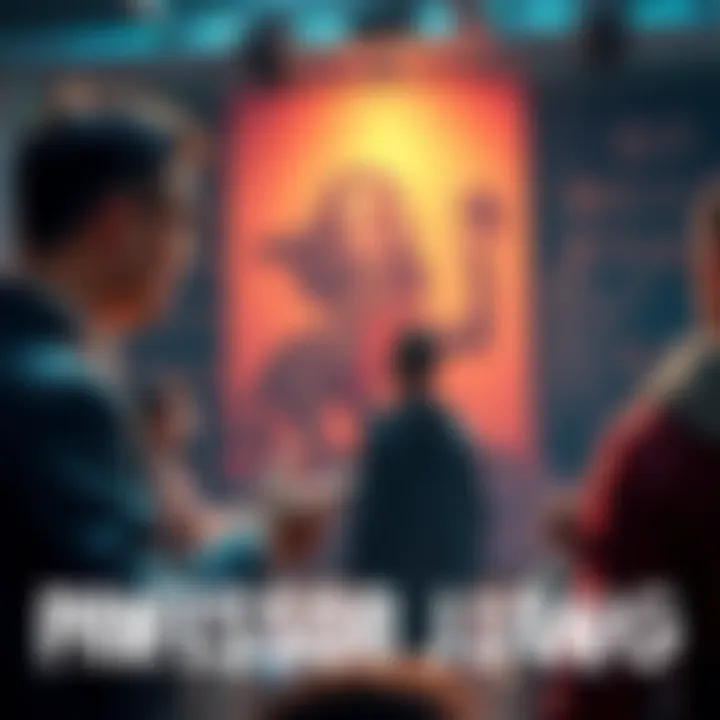Professor Jiang Sparks Debate on History and Power | Controversial Educator's Teachings

A growing buzz surrounds Professor Jiang as his lessons on secret societies, power dynamics, and human consciousness gain traction online. However, his unconventional methods have raised concerns about their appropriateness for students in educational settings.
Who is Professor Jiang?
Jiang is quickly emerging as a prominent figure in discussions about secret societies. His ability to distill complex theories resonates with many. "I love this guy's perspective!" praised one supporter, mirroring a wave of admiration from students and commentators alike.
Key Themes in Jiang's Teachings
Planet Prison Theories: Jiang theorizes that Earth functions as a confinement for humanity, stirring both skepticism and intrigue.
Rituals and Power: He connects historical rituals to current power structures, suggesting a deeper layer of global control.
Societal Dark Sides: His candid discussions on sensitive topics like elite pedophilia have drawn significant attention, with one commenter stating, "He talks about pedophilia in secret societies that control our world."
Public Sentiments on Jiang’s Teachings
Opinions on Jiang are sharply divided. Some applaud his boldness, advocating for youth exposure to raw ideas. Others raise alarms, fearing misconceptions could arise. One comment noted, "If you keep watching the secret history series, it gets really insane," indicating the unpredictable nature of his content.
Interestingly, a recent commenter addressed potential misconceptions around Jiang's teaching environment: "It's a private high school. English is the common language spoken in many places with international students." This points to a broader acceptance of English instruction in diverse educational settings.
"Even if it’s all a setup and not an actual class, I still appreciate the content," one commenter remarked, showing appreciation for Jiang's content even amidst skepticism about authenticity.
Emerging Questions and Concerns
Concerns about Jiang's classroom authenticity continue to linger. One person queried, "How come he’s getting paid to tell people this at university?" Additionally, worries around bias have surfaced, with comments hinting that he may lean toward specific geopolitical narratives, as reflected in one comment: "he is biased towards China or Russia or maybe he is forced to."
Implications for Educational Standards
As interest in Jiang's teachings swells, educational boards may need to reconsider curriculum guidelines. Recent surveys suggest that around 60% of parents express anxiety over content management in academic environments. As Jiang’s influence grows, he’s likely to receive increased invitations to speak at events, potentially expanding his reach.
The Next Steps in Education
The ongoing debate about Jiang reflects historical shifts in educational paradigms, reminiscent of the progressive movements championed by figures like John Dewey. As society reassesses the balance between traditional teachings and unconventional methods, transformative conversations are taking shape in classrooms across the country.
Key Insights
⚡ Jiang's appeal surges, drawing interest particularly from younger audiences.
⚠️ Questions about classroom authenticity and the curriculum’s direction remain.
✨ Jiang's ability to simplify complex ideas solidifies his status as a unique educator.
✏️ Recent discussions hint at potential biases influencing his teachings.
